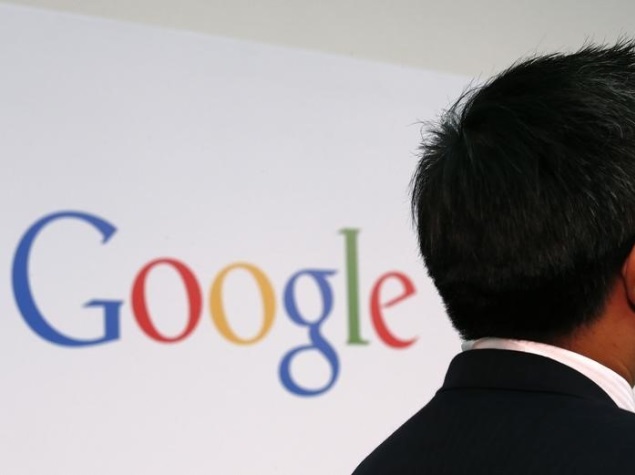Google to Refund $19 Million in US Kids' In-App Purchase Case

Children sometimes put hundreds of dollars on their parents' credit cards without permission and thousands of complaints were made, the U.S. Federal Trade Commission said on Thursday in announcing the settlement.
The agreement was similar to a $32.5 million settlement reached with Apple Inc in January.
The FTC said Google had also agreed to change its billing practices to ensure that parents know, and agree to, purchases that their children make.
Google said that it implemented changes in March 2014 that made it clearer when real - as opposed to virtual - money was being spent. And it said that it allowed consumers to choose whether they wanted to be prompted to enter a password with each purchase, as a way to head off unauthorized charges by children.
"We're glad to put this matter behind us so we can focus on creating more ways for people to enjoy all the entertainment they love," said a Google spokeswoman.
In the Apple settlement, it agreed to refund to customers at least $32.5 million in unauthorized charges made by children and to change its billing practices to require consent from parents for in-app spending.
The commission sued Amazon in July on the same issue.
The FTC has alleged that the companies were too lax in allowing children playing some app games to ring up charges on their parents' credit cards to buy pricey digital goods.
In the game Air Penguins, for example, children can buy virtual fish costing $49.99 to feed virtual penguins living on virtual melting ice caps.
"Children could rack up charges just by tapping on pop-up boxes," said FTC Chairwoman Edith Ramirez, adding that Google's staff pointed to what they called "family fraud" or "friendly fraud" as a leading source of refund requests.
Google first began offering in-app charges, as the virtual purchases are known, in 2011 without requiring any password or taking other steps to ensure that the parent approved of the child's charges, the FTC said.
In 2012, Google began asking for the credit card holder's password before allowing the purchase. But, granting permission for one purchase would open a 30-minute window where children could make purchases without re-entering a password, the FTC said.
Initially, Google urged unhappy parents to take up the issue with the app developer, the FTC said.
Google shares were about 1 percent higher in afternoon trading on Thursday.
© Thomson Reuters 2014
For the latest tech news and reviews, follow Gadgets 360 on X, Facebook, WhatsApp, Threads and Google News. For the latest videos on gadgets and tech, subscribe to our YouTube channel. If you want to know everything about top influencers, follow our in-house Who'sThat360 on Instagram and YouTube.
Related Stories
- Samsung Galaxy Unpacked 2025
- ChatGPT
- Redmi Note 14 Pro+
- iPhone 16
- Apple Vision Pro
- Oneplus 12
- OnePlus Nord CE 3 Lite 5G
- iPhone 13
- Xiaomi 14 Pro
- Oppo Find N3
- Tecno Spark Go (2023)
- Realme V30
- Best Phones Under 25000
- Samsung Galaxy S24 Series
- Cryptocurrency
- iQoo 12
- Samsung Galaxy S24 Ultra
- Giottus
- Samsung Galaxy Z Flip 5
- Apple 'Scary Fast'
- Housefull 5
- GoPro Hero 12 Black Review
- Invincible Season 2
- JioGlass
- HD Ready TV
- Laptop Under 50000
- Smartwatch Under 10000
- Latest Mobile Phones
- Compare Phones
- Moto G15 Power
- Moto G15
- Realme 14x 5G
- Poco M7 Pro 5G
- Poco C75 5G
- Vivo Y300 (China)
- HMD Arc
- Lava Blaze Duo 5G
- Asus Zenbook S 14
- MacBook Pro 16-inch (M4 Max, 2024)
- Honor Pad V9
- Tecno Megapad 11
- Redmi Watch 5
- Huawei Watch Ultimate Design
- Sony 65 Inches Ultra HD (4K) LED Smart TV (KD-65X74L)
- TCL 55 Inches Ultra HD (4K) LED Smart TV (55C61B)
- Sony PlayStation 5 Pro
- Sony PlayStation 5 Slim Digital Edition
- Blue Star 1.5 Ton 3 Star Inverter Split AC (IC318DNUHC)
- Blue Star 1.5 Ton 3 Star Inverter Split AC (IA318VKU)

















